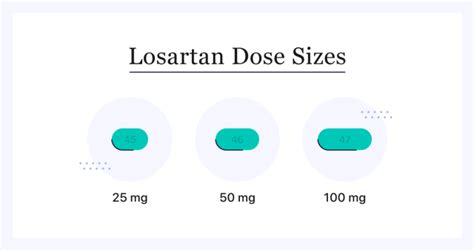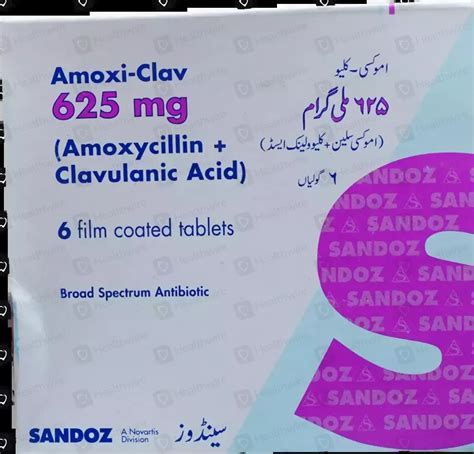Strep Throat Relief: Home Remedies Explained

The pesky sensation of having a sore throat, only to be told it’s more than just a minor cold - it’s strep throat. Caused by the group A Streptococcus bacteria, this common infection can be quite the nuisance, especially considering its contagious nature. While antibiotics are usually prescribed to treat strep throat, there are several home remedies that can provide relief from its symptoms.
Before diving into these remedies, it’s essential to understand that if you suspect you or your child has strep throat, a visit to the doctor is crucial. The doctor will perform a rapid strep test or a throat culture to confirm the presence of the bacteria. Antibiotics will be prescribed if the test comes back positive, as this is the most effective way to treat strep throat and prevent potential complications, such as rheumatic fever or kidney inflammation.
That said, alongside medical treatment, several home remedies can help soothe the throat, reduce discomfort, and support the recovery process.
Stay Hydrated
Drinking plenty of fluids is one of the first recommendations for anyone suffering from strep throat. Fluids help keep the throat moist, reducing irritation and discomfort. Water, warm broth, and electrolyte-rich beverages like coconut water or sports drinks are excellent choices. Avoid caffeinated and carbonated drinks, as they can further irritate the throat.
Gargling with Salt Water
A traditional home remedy, gargling with warm salt water several times a day can help reduce swelling in the throat and kill bacteria. Mix 1⁄4 teaspoon of salt in 8 ounces of warm water and gargle for 30 seconds before spitting it out. This solution can provide temporary pain relief and reduce the intensity of a sore throat.
Throat Lozenges
Sucking on throat lozenges can help soothe a sore throat. Many lozenges contain ingredients like menthol, eucalyptus, and honey, which can help numb the throat area, reducing pain. However, it’s crucial to choose lozenges that are free from unnecessary additives and sugars, especially for children.
Honey
Known for its antibacterial properties and soothing effects, honey can be a beneficial addition to your strep throat relief regimen. You can mix a spoonful of honey with warm water or tea to create a soothing drink. Honey’s viscosity also helps coat the throat, providing a protective barrier against irritation.
Warm Compresses
Applying a warm compress to the throat can help alleviate pain and reduce swelling. Soak a cloth in warm water, wring it out thoroughly, and apply it to the throat for about 10 minutes. Repeat this process a few times a day as needed.
Rest
Perhaps the most underrated remedy, getting plenty of rest is vital when recovering from strep throat. Resting your body helps your immune system focus its energy on fighting off the infection, which can shorten the duration of the illness and reduce the risk of complications.
Dietary Changes
Eating soft, easy-to-swallow foods can help reduce throat irritation. Opt for foods like soups, yogurt, scrambled eggs, and mashed potatoes. Avoid spicy, acidic, or sharp foods that can irritate the throat further. Also, incorporating foods rich in vitamin C, such as citrus fruits or bell peppers, can help boost the immune system.
Avoid Irritants
Avoid exposure to smoke, dust, and other pollutants that can irritate the throat. If you smoke, it’s a good idea to quit or significantly reduce your smoking habit until you recover.
Monitor and Follow-Up
It’s crucial to monitor your symptoms and follow up with your healthcare provider as recommended. If your symptoms worsen or do not improve with treatment, you should seek medical attention. Completing the full course of antibiotics as prescribed is also vital to ensure the infection is fully cleared and to prevent antibiotic resistance.
Important Considerations
When dealing with strep throat, it’s essential to differentiate between a viral sore throat and a bacterial infection like strep throat. While many of the symptoms overlap, the presence of white patches on the tonsils, severe sore throat, fever over 101°F (38.3°C), and swollen or tender lymph nodes in the neck are more indicative of strep throat. Always consult with a healthcare professional for an accurate diagnosis and appropriate treatment plan.
Comparative Analysis: Home Remedies vs. Medical Treatment
While home remedies can offer relief from the symptoms of strep throat, they should not replace medical treatment. Antibiotics are the standard treatment for strep throat, as they can significantly reduce the duration and severity of the illness, as well as prevent potential complications. Home remedies should be viewed as complementary rather than alternative treatments.
<div class="faq-container">
<div class="faq-item">
<div class="faq-question">
<h3>What is the difference between strep throat and a sore throat?</h3>
<span class="faq-toggle">+</span>
</div>
<div class="faq-answer">
<p>Strep throat is caused by the group A Streptococcus bacteria, while a sore throat can be caused by a virus or other irritants. Strep throat typically requires a prescription for antibiotics to treat, whereas a viral sore throat often resolves on its own with rest and home remedies.</p>
</div>
</div>
<div class="faq-item">
<div class="faq-question">
<h3>How contagious is strep throat?</h3>
<span class="faq-toggle">+</span>
</div>
<div class="faq-answer">
<p>Strep throat is highly contagious and can be spread through direct contact with saliva, mucus, or other bodily fluids. Practicing good hygiene, such as frequent hand washing, covering your mouth when coughing or sneezing, and avoiding close contact with others, can help prevent the spread of the infection.</p>
</div>
</div>
<div class="faq-item">
<div class="faq-question">
<h3>How long does it take to recover from strep throat with treatment?</h3>
<span class="faq-toggle">+</span>
</div>
<div class="faq-answer">
<p>With proper antibiotic treatment, most people start feeling better within 2-3 days, though it's crucial to complete the full course of antibiotics (usually 10 days) to ensure the infection is fully cleared. It may take a few more days after finishing the antibiotics to feel completely back to normal.</p>
</div>
</div>
</div>
Conclusion
Strep throat, though a common infection, should not be taken lightly due to its potential complications if left untreated or ineffectively treated. While antibiotics are the cornerstone of strep throat treatment, incorporating home remedies can provide symptom relief and improve the recovery experience. It’s essential to approach strep throat with a comprehensive treatment plan that includes both medical intervention and supportive home care. Always consult with a healthcare professional for guidance tailored to your specific situation, as they can provide the most accurate diagnosis and effective treatment strategy.



